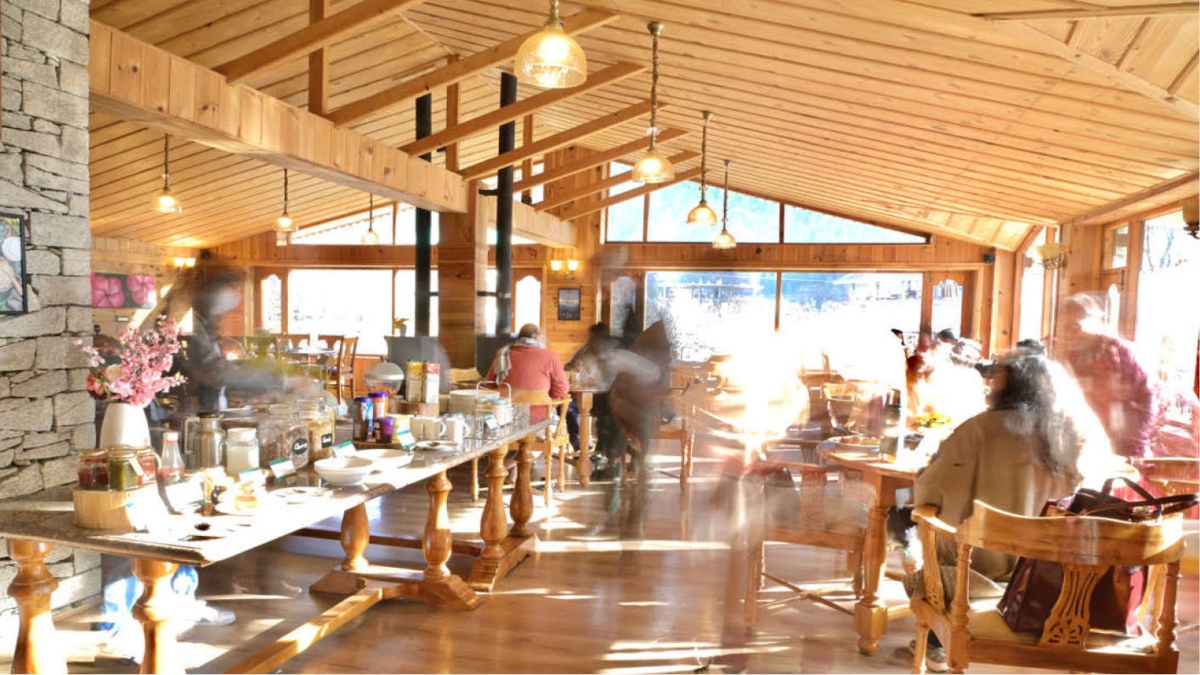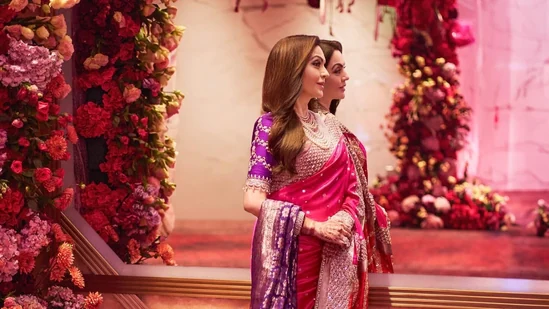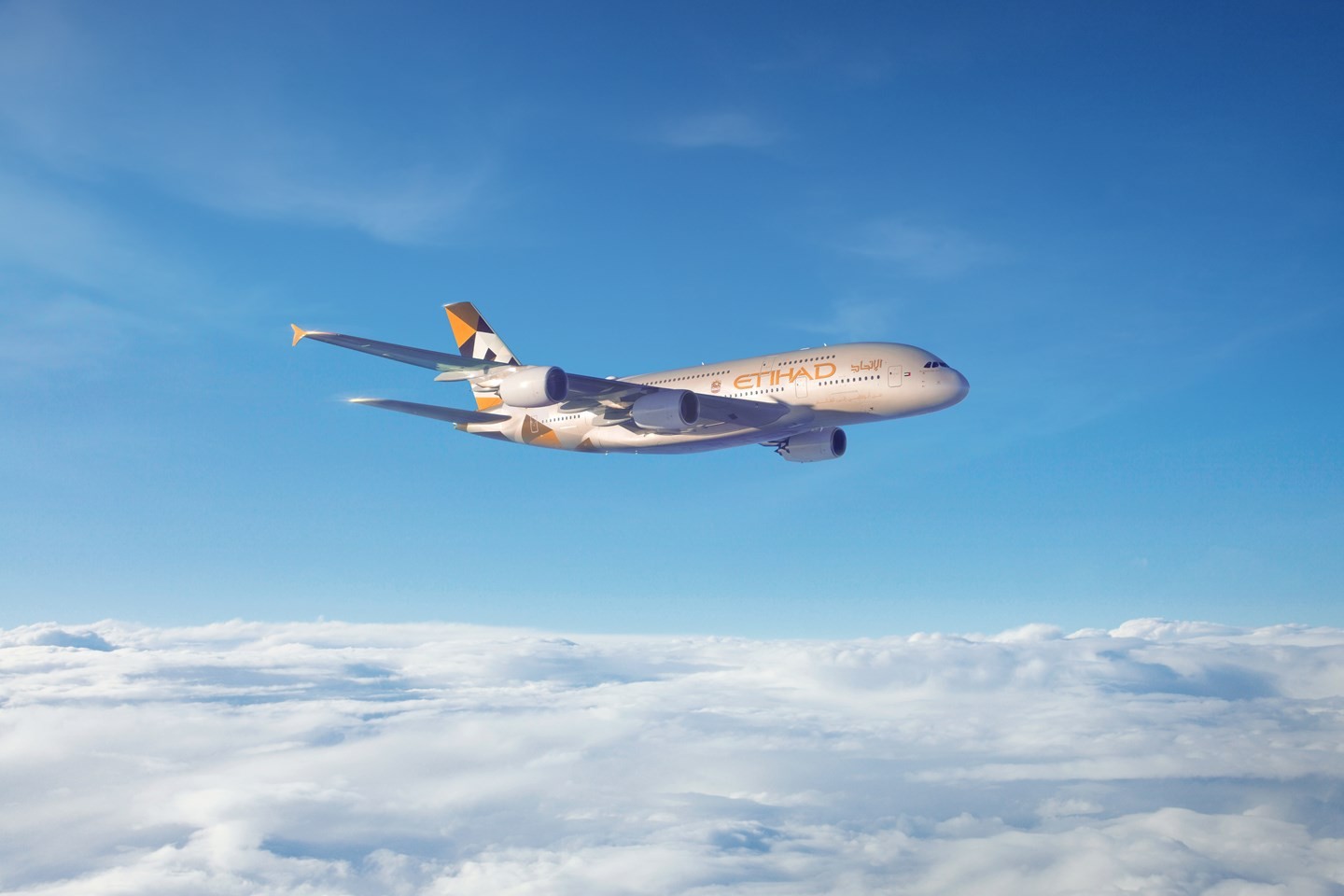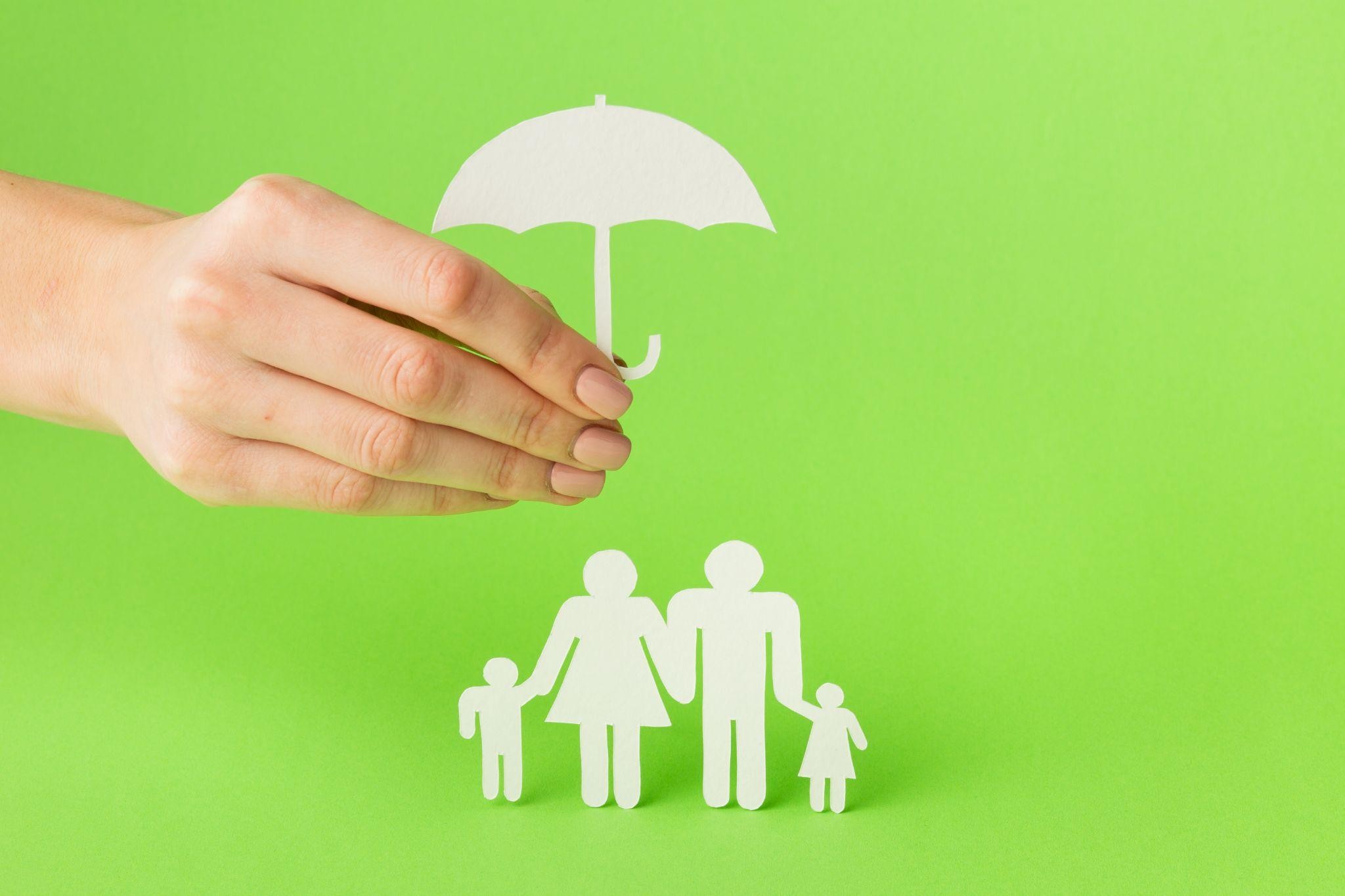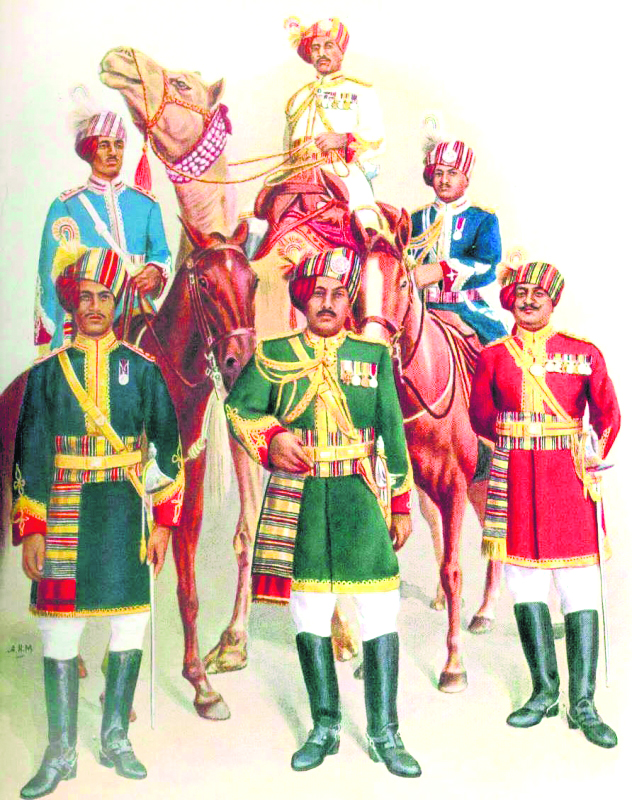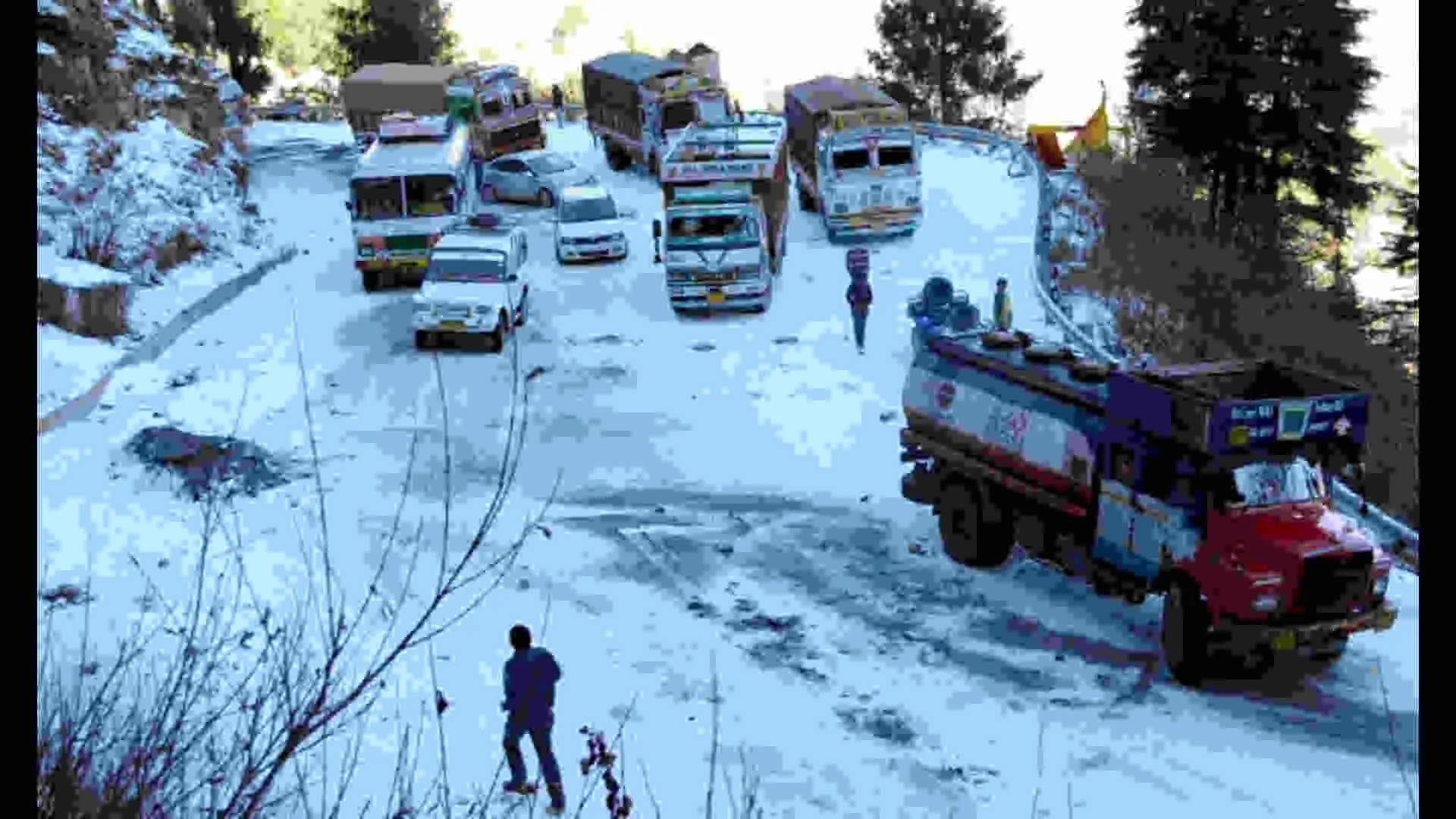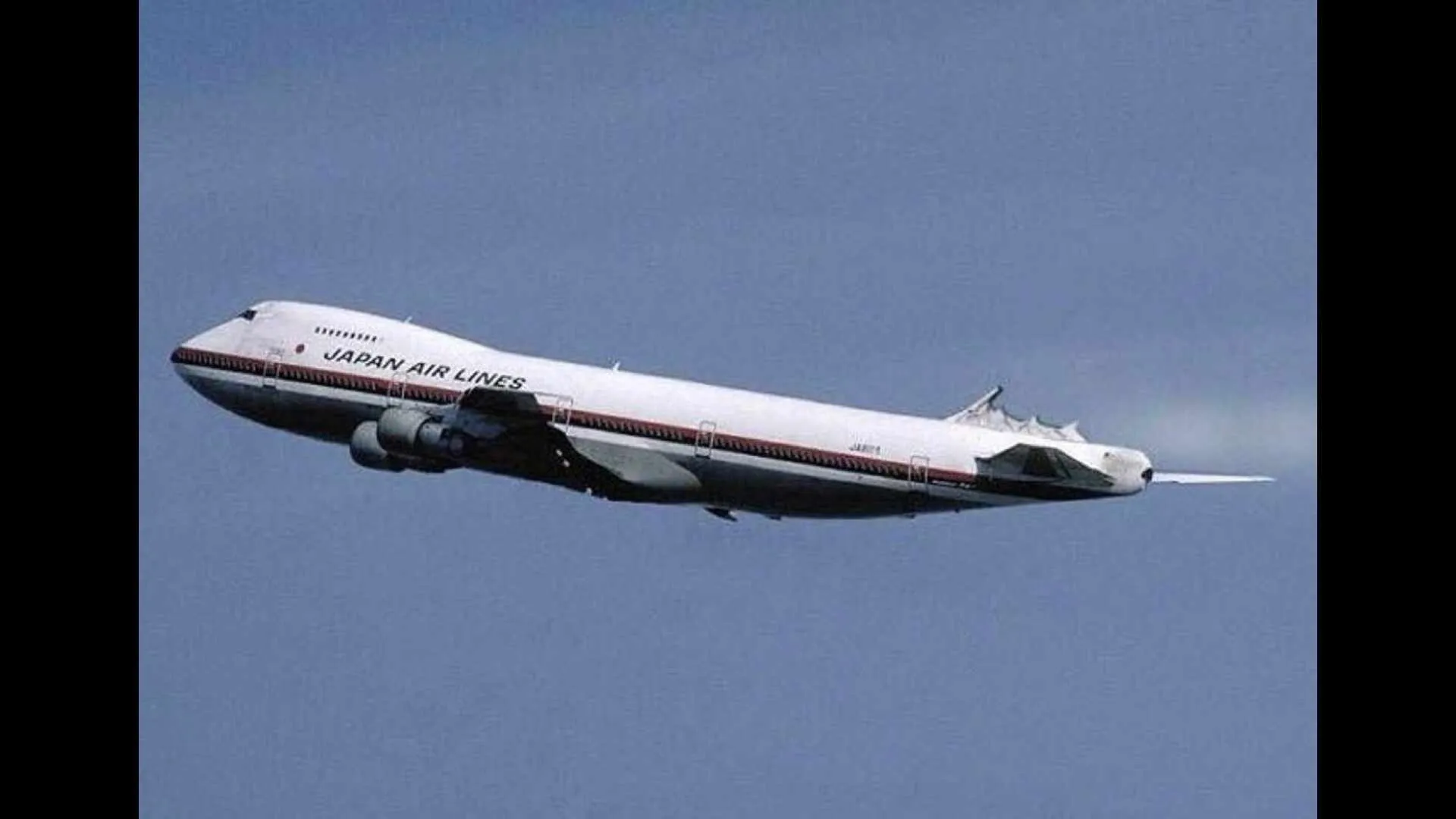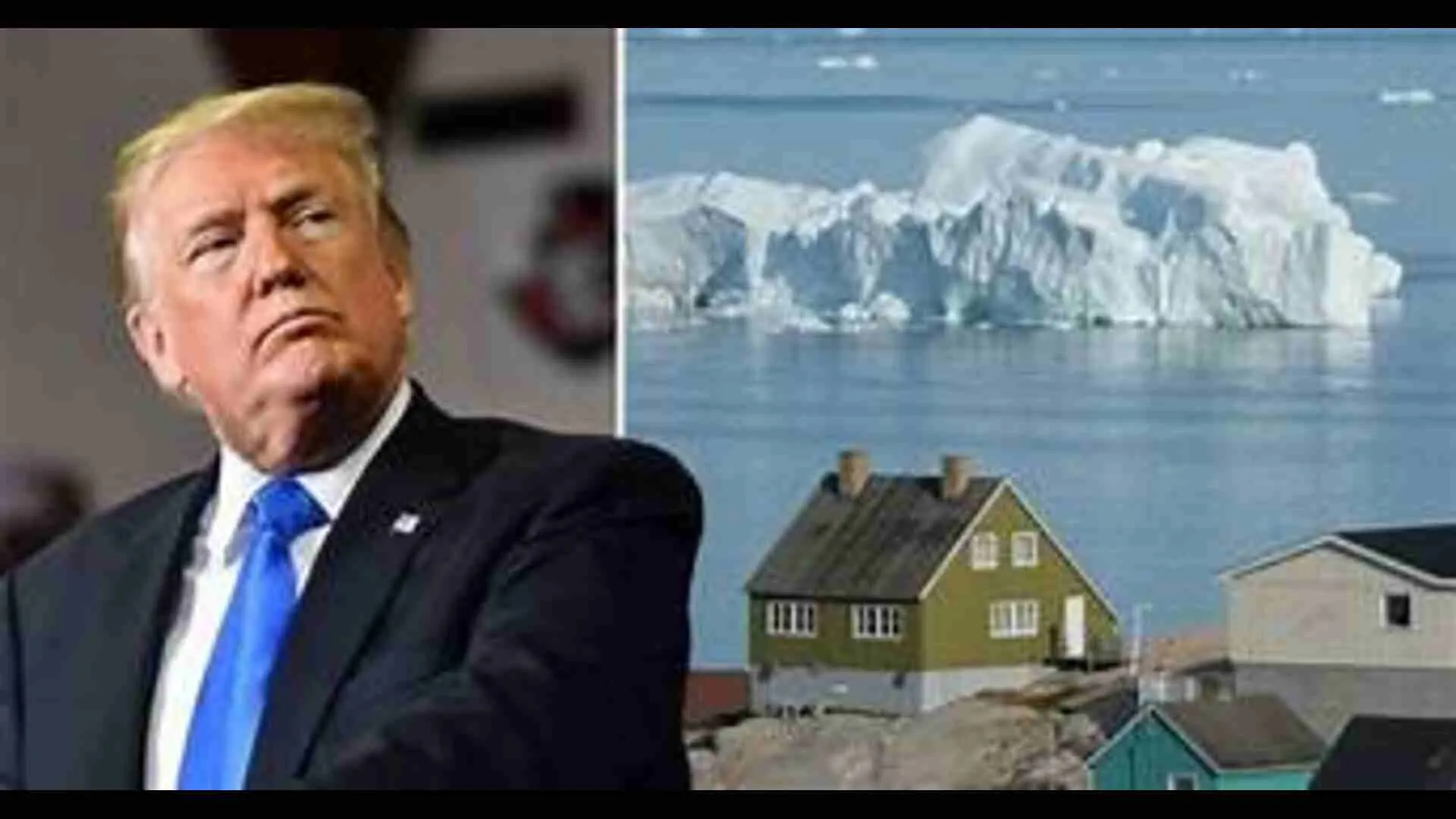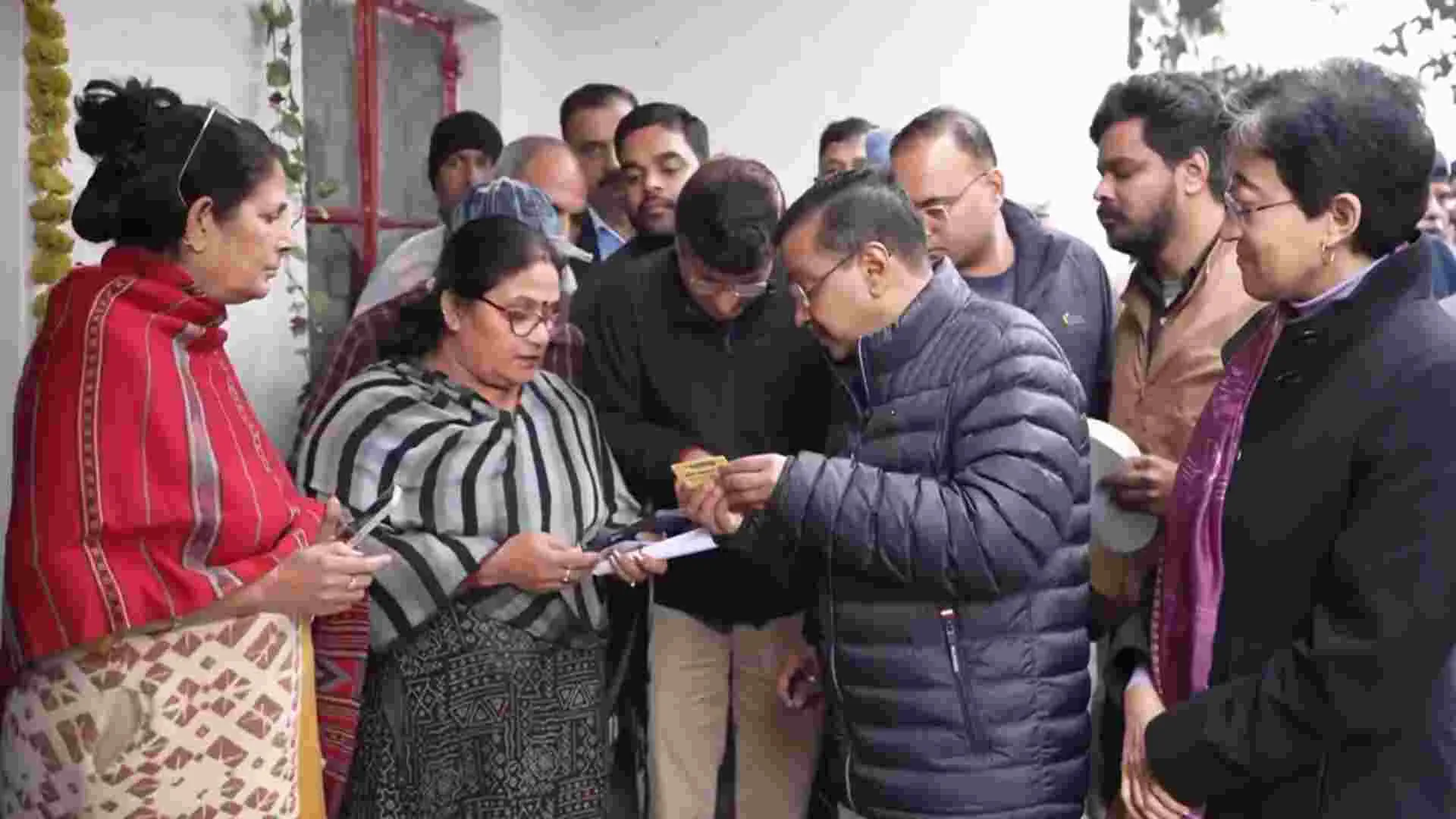Just when the world couldn’t seem stranger in the wake of a global pandemic, the eerily dormant hospitality sector awoke to a new catchphrase called ‘revenge travel’. An unlikely euphemism, it sure provided immense relief to ailing hoteliers worldwide, whose livelihoods had started to gasp amidst the depths of financial despair. For all those of you who are yet to catch up with the buzzword, revenge travel is a newly coined phrase used to describe the recent trends in global travel, wherein people opt for nearby destinations in their bid to beat the lockdown blues.


A post-pandemic India is redeeming its otherwise elusive outbound travellers in humbler holiday destinations, and the domestic segment’s erstwhile budget travellers too are availing some unprecedented discounts at several luxury properties that they could have once barely dreamt of. These tidal changes have rendered the hospitality business into a considerable feat and fortunately, I had the timely realisation that the only way to survive a precarity is by adapting to it. And thus, I adopted a host of safety protocols before announcing my Manali-based boutique resort open.
Admittedly, mine was amongst the region’s first few hotels to take this bold step at a time when India was still contending with the COVID paranoia. But this viral trepidation too had its supernovas. These were a slightly more daring lot of citizens who had made peace with the longer sojourn that COVID was going to make on our planet, and began rerouting their thoughts around means of adapting around ‘the new normal’ for the sake of one’s sanity. They were willing to board their private vehicular chambers to embark upon road journeys that led them to destinations of reassured sanitation.
However, with the bolder travellers ready to travel and us ready to host, the situation was far from calling two to tango. Mine was amongst the states to reopen its borders with more stringent entry rules, which called for COVID tests to be conducted within a narrow span of 72 hours prior to arrival. Corresponding paperwork related to hotel bookings or work related reasons for travel were verified at three separate inspection points as well. Given Himachal’s relatively scanty network of medical institutions, a hotelier could barely argue otherwise. After all, we couldn’t afford a full scale outspread of the virus to teach us that in the equation of prevention versus cure, we barely had the second option.
Considering these set of preconditions, I was surprised to see the brave contingent of patrons opting to get tested before promptly setting off for the Himalayas. And contrary to the local disapproval that we hoteliers had predicted, our fellow inhabitants were more than forthcoming to welcome a revival of the economy that had dwindled at a record low. For a destination that relies on the brief spell of 90 days for a season, Manali’s summer months had been devoured by the Coronavirus.
For those of us who thought it odd for Mall Road to spend a deserted summer, it was even odder to see our quieter months thronged with tourists eager to escape the mundanities of the lockdown. But this oddity was warmly welcomed by one and all. I, for one witnessed the heralding of ‘workations’, or holidayers who had begun to weave their work routine in their chosen vacation spots away from home. The steadily rising trend of ‘word from home’ coupled with a prolonged closure of educational institutes provided greater flexibility to families who thirsted for wanderlust. As compared to the long list of guest requirements that one is so used to heeding towards, all these workation-ers asked for was a table to work on and uninterrupted access to Wi-fi. And lo and behold! This seemingly steady influx of committed travellers soon metamorphosed into a full blown bonanza with booking charts skyrocketing during the otherwise lull winter months. Never before had my apple orchards seen these many snow men being styled out of freshly descended snow. Manali beats in a different pulse this winter, convincing us all that the worst is now behind us.
Amidst this merriment however, I received an expected dose of criticism that perceived the resumption of leisure travel as blatantly hedonistic. This segment called for better responsibility and restraint, and instances of viral outspreads being blamed solely upon irresponsible tourism are well-known. Nevertheless, this was the risk that we were collectively willing to pay in order to resurrect the fastest growing industry in the world. The mental wellbeing of an estranged person becomes all the more imperative to address through leisure outlets, making recreation no less than a necessity of sorts. This win-win between the discerning traveller and a hotelier’s personal ledger aside, a healthy flow of post-pandemic tourism also helps regulate the larger economy. The lesser-waged workforce, whose payrolls bore the sharpest brunt worldwide heave a big sigh of relief with this steady influx of business, which also marks an end to the hand to mouth existence that Coronavirus had descended upon so many.
So, each time that I head to my buffet counters to sanitise up and help serve the day’s fare, I am reminded of yet another way that I, my guests and the staff here have collectively adapted around the new normal in a post-pandemic world. That despite all that 2020 brought with it, we have begun to find our way around it, that we have all made it to a more hopeful, eager and promising 2021.

